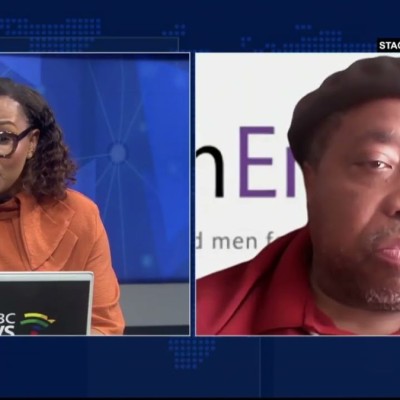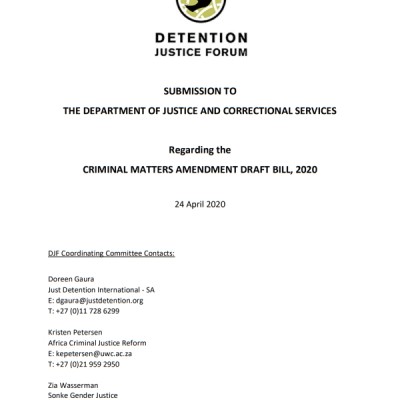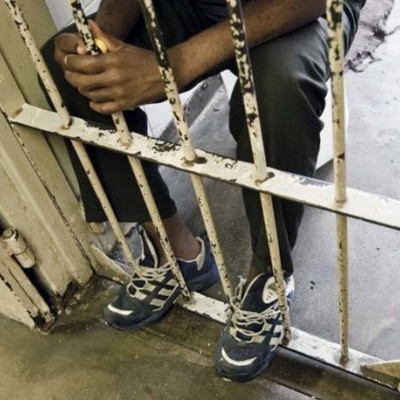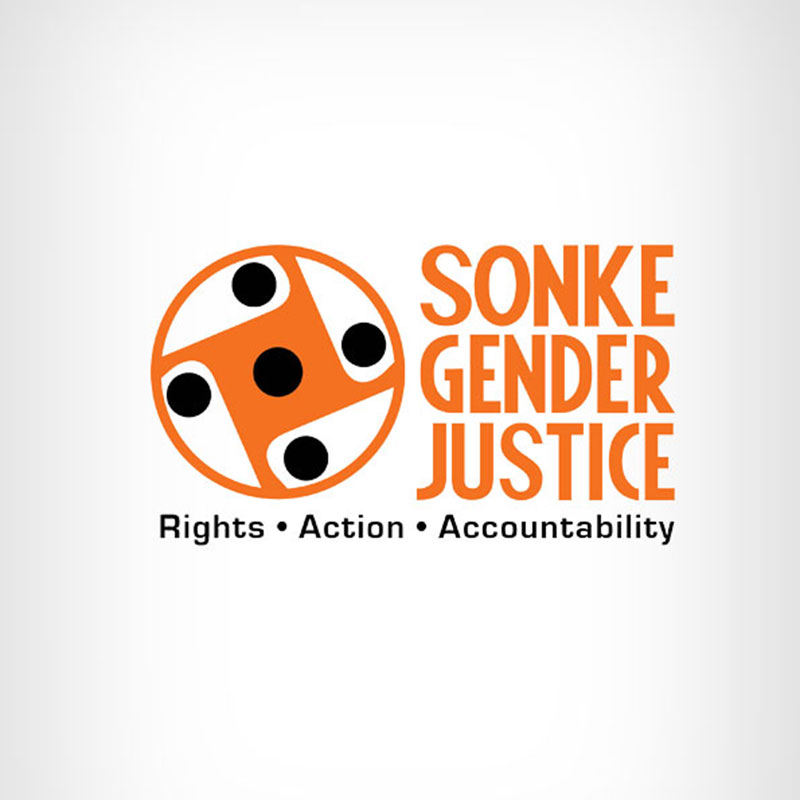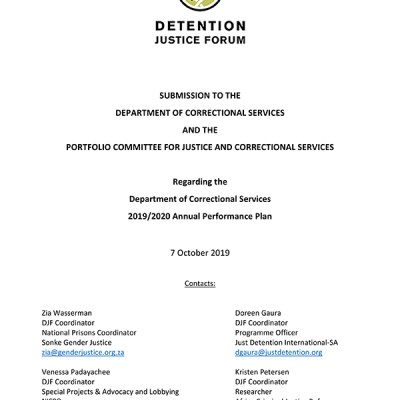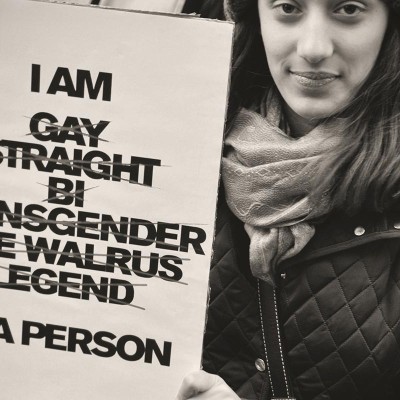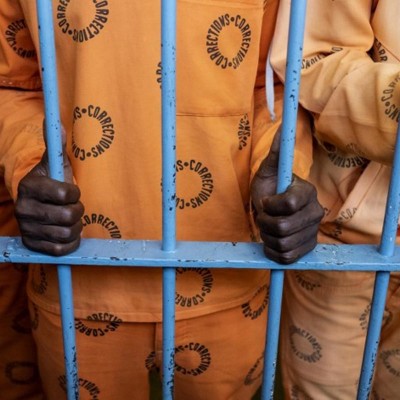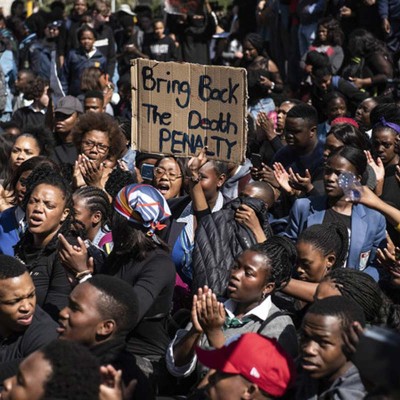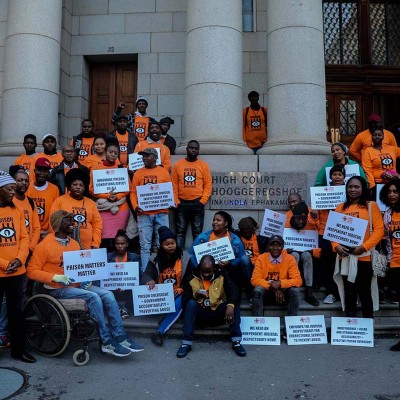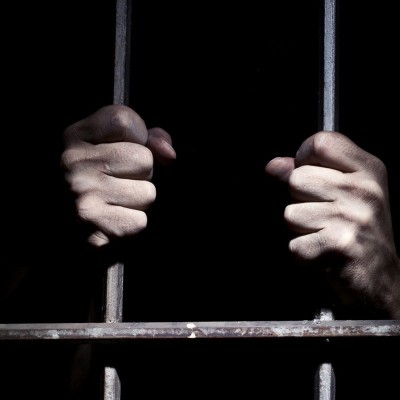Prison oversight is vital to the protection of inmates’ human rights, as it exposes an otherwise closed institution and provides for the accountability of the executive and administrative branch of government to both the legislature and the public. In order for prison oversight to be effective, it must be independent and accessible, and must include a number of different functions, including: inspection and monitoring, investigation, auditing and reporting. Not all of these functions need to be fulfilled by a single entity. The Judicial Inspectorate for Correctional Services (“JICS”), empowered by the Correctional Services Act, is South Africa’s primary prison oversight body that conducts inspections of prisons and monitors the treatment of inmates and conditions of detention, receives individual inmates’ complaints, collects data on prisons, and reports to the President and the Minister of Justice and Correctional Services.
Unfortunately, JICS is neither sufficiently independent nor accessible, and is not sufficiently capacitated to be an effective oversight mechanism on its own. However, the judiciary – an independent, well-respected branch of government – is also empowered by the Correctional Services Act to oversee prisons and is well-positioned to hold the executive branch accountable and to ensure the protection of inmates’ constitutional human rights. The One Judge, One Jail Campaign aims to encourage the judiciary, together with JICS, to conduct regular prison visits. The hope is that a collaboration between the judiciary, JICS and civil society will increase prison visits and strengthen prison oversight; thereby ensuring the humane treatment of inmates in South African prisons.
Read the JICS Case Explainer here

